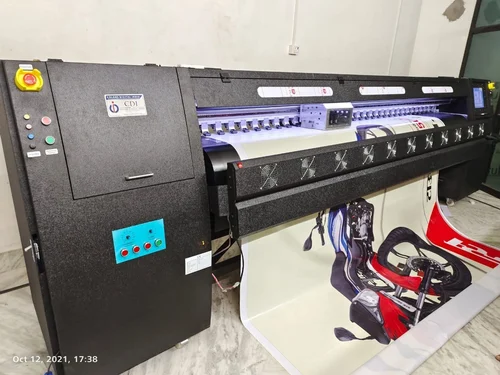Healthcare staffing agencies play a crucial role in ensuring hospitals and medical facilities maintain high levels of efficiency and patient care. By providing qualified professionals quickly and effectively, these agencies help clinical teams function at their best. They act as a bridge between healthcare institutions and skilled personnel, ensuring that staff shortages do not impact patient services. Beyond simply filling vacancies, healthcare staffing agencies contribute to smoother workflows, stronger team collaboration, and improved overall performance of medical teams. Their support allows hospitals to focus on delivering exceptional patient outcomes while maintaining operational excellence.

Access to Skilled Professionals
One of the main benefits of healthcare staffing agencies is their ability to connect hospitals with experienced and trained professionals. They maintain extensive databases of nurses, doctors, and allied health staff who are ready to step in when needed. Key advantages include:
- Quick access to qualified personnel for specific roles.
- Assurance of professional credentials and verified experience.
- Flexibility in meeting short-term or specialized staffing needs.
This access ensures clinical teams are always supported by competent individuals, enhancing overall performance and patient care quality.
Enhancing Team Efficiency
Staffing agencies help optimize team performance by carefully matching professionals to the specific needs of a hospital or department. By aligning skills with responsibilities, agencies support smoother operations. Benefits include:
- Reduced workload for existing staff, allowing them to focus on core responsibilities.
- Balanced distribution of tasks within the team to prevent bottlenecks.
- Increased productivity as skilled professionals integrate seamlessly into existing workflows.
Efficient teams are better equipped to handle high patient volumes and complex medical procedures without compromising care standards.
Flexible Staffing Solutions
Healthcare staffing agencies provide flexible solutions that adapt to the changing demands of medical facilities. They can offer temporary, permanent, or contract-based staffing depending on the needs of the organization. Key points include:
- Quick scaling of staff during peak periods or special projects.
- Ability to maintain consistent care levels without overburdening permanent staff.
- Support for seasonal or temporary staffing gaps without disrupting operations.
Flexibility ensures clinical teams maintain optimal performance regardless of fluctuations in patient numbers or staff availability.
Supporting Professional Development
Agencies also contribute indirectly to team performance by ensuring staff have access to continuing education and training resources. They often provide updates on the latest medical practices and certifications, allowing professionals to grow while meeting institutional standards. Benefits include:
- Improved skillsets and competency levels among team members.
- Encouragement of best practices and adherence to clinical protocols.
- Strengthened team confidence and morale through ongoing support.
Well-trained and knowledgeable staff enhance the overall effectiveness and reputation of healthcare facilities.
Conclusion
Healthcare staffing agencies are essential partners in optimizing clinical team performance. By providing access to skilled professionals, enhancing efficiency, offering flexible staffing solutions, and supporting professional growth, they ensure that hospitals and medical facilities can maintain high standards of patient care. Their contribution not only fills staffing gaps but also strengthens team collaboration, workflow efficiency, and the overall quality of healthcare services. Engaging with a reliable staffing agency allows healthcare teams to perform at their peak while meeting the demands of modern medical care.






